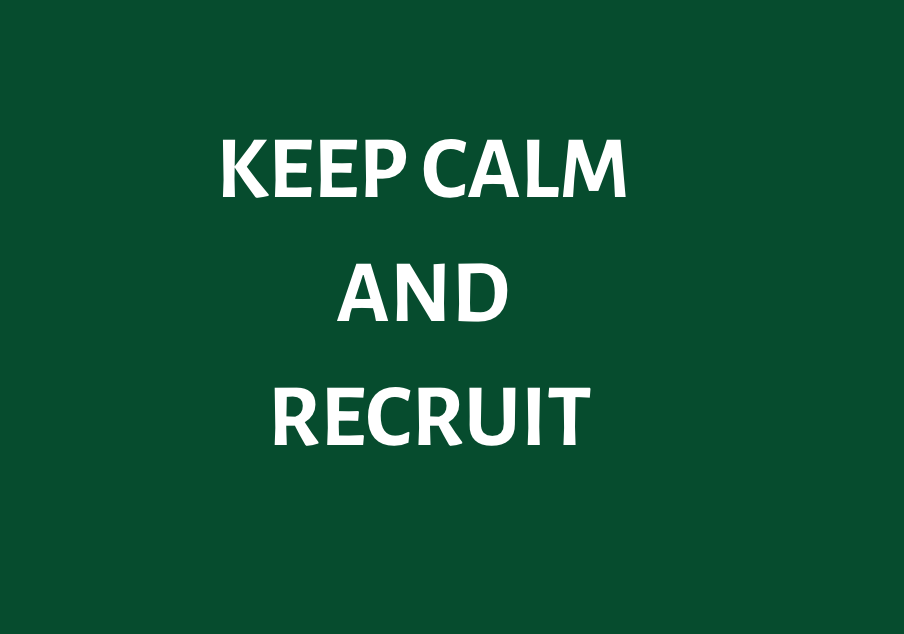Gary Woollacott, Partner of Horton International Laos, Thailand and Vietnam was recently interviewed by the team at Hunt Scanlon.
You can find Gary’s original post on LinkedIn here and read the full interview with Hunt Scanlon below:
“April 3, 2020 – With all the drama around the coronavirus crisis, it can be easy to lose sight of the fact that it might – just might, and with luck – be short-lived. When that happens, the world can start to get back to normal.
“Many companies took advantage of the recent easy, good times to build their businesses,” said Gary Woollacott, managing partner at Horton International. “Now that their sectors have shrunk back, those companies are exposed. The rest of us might also be feeling the pinch, but business goes on.” He recalled client meetings during the 1997 Southeast Asian financial crisis: “I have 10 people, now I see that only four are any good. I need to retrench six and hire two more; can you help?” Well, yes we can.
“The current enforced lull in business activity may be an excellent time to properly assess your assets – in all classes,” Mr. Woollacott said. “Take a cold-eyed look at what you’re working with and consider if this might be the best you can do.” You will need to move quickly though – just as in good times, talent doesn’t wait around for long, he said.
Focus on Candidates Caught in the Crossfire
When asked what impacts the current pandemic crisis will have on executive search, Mr. Woollacott said it is “too early to forecast the long-term impact on our industry. There’s plenty of speculation but I don’t think that executive search is dead and buried – we will still have our uses.” If anything, he added, there may be another ‘flight to quality’ as often happens in downturns.
“Rather than focusing on clients, now is the time to focus on candidates,” he said. “When this is over, they will remember how we (and their employers) treated them and made them feel. If employers make sacrifices on behalf of employees that will help sustain the business post-CV19. From our point of view, candidates might be more open to move if they see that their employer doesn’t value them quite as much as they had thought.”
The use of technology in this downturn can also help us push through this more quickly than in past slowdowns. “The technology is there now – it wasn’t in SARS, for example,” said Mr. Woollacott. “We’ve been using it for a while anyway, and now this crisis is highlighting how good it is. That said, final interviews are still going to be face-to-face; senior executives won’t want to move without it. Similarly, hiring someone senior without that in-person meeting is just adding risk.”
Some companies are posturing that they have worked remotely for years, he said. “It sometimes comes across as a brag, rather than offering concrete tips on what they have learned and how we can all benefit from that. Naturally, many jobs simply have to be done in person: doctors and nurses, food deliveries, waiters and shop assistants – for now; technology may change all that in the future.”
A Pervasive Slowdown
“Separately, we are taking extra practical precautions on behalf of candidates and clients with ongoing searches to accommodate their concerns,” Mr. Woollacott said. “This is an excellent time for a client to be recruiting, or to be a candidate open to an opportunity, while the competition is confused and panicking.”
People generally prefer to work for a company that is genuine and sincere, with a real sense of purpose. “That adds up to sustainability,” he said. “Senior managers who sacrifice their employees in the name of cost-saving may well find that their best people leave, once they realize where the true loyalties of the company lie. It doesn’t look like this slowdown is going away quickly – it’s so much more pervasive than anything else we have seen in decades. Naturally, we hope for the best, but we are hunkered down for the worst.”
Contributed by Scott A. Scanlon, Editor-in-Chief; Dale M. Zupsansky, Managing Editor; and Stephen Sawicki, Managing Editor – Hunt Scanlon Media







